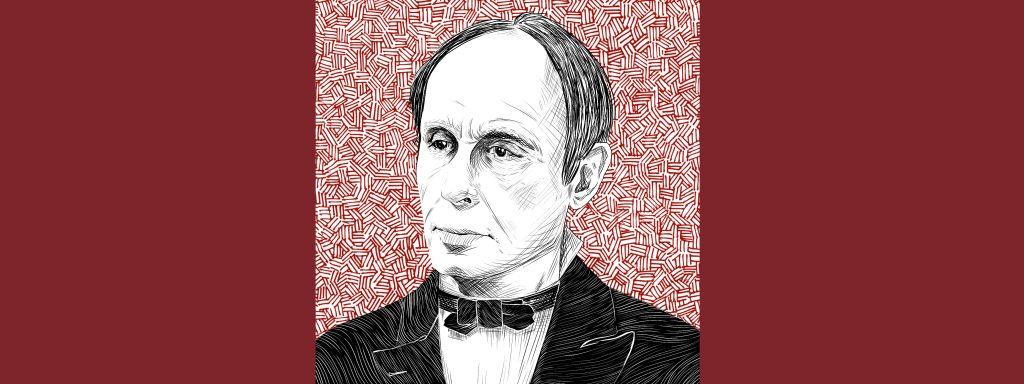
Meet a Wanderer: Phil Towle
- posted in: behind the scenes
At Wander, we’re dedicated to helping our clients spread their messages in the most engaging ways possible. Our process, as we wrote recently, enables organizationsto reach their audiences through compelling content, using our own techniques and expertise.
While we frequently represent ourselves through our body of work, none of it would be possible without the talent and insight that each of our amazing team members brings to the table. That’s why, this week, we’re spotlighting someone who provides an enormous amount of guidance and inspiration to the team, Wander’s own “Guru,” Phil Towle.
With a background in psychology, Phil has worked with numerous performers and other high-profile figures as a Performance Coach, wherein he employs “innovative psychological insights and skills to help individuals and organizations confront and transform self-imposed obstacles into accomplishment.” (For more background, take a look at an LA Times spotlight on Phil.) In many cases, that may involve resolving conflicts within a band or helping a business leader overcome personal barriers.
At Wander, Phil lends his talents in part by ensuring the team is in the right mindset when approaching a new project, providing a fresh perspective and a unique set of questions to help stimulate and prepare the other members of the team. As Aaron Weber, our Fearless Leader, says, “The tendency is to jump from project to project, but Phil makes sure we use each undertaking as a learning and growth experience. We take this newly improved version of ourselves into the next project. But beyond that, Phil has helped shape many aspects of myself – from my confidence as a leader and a creative to getting the most out of my interactions personally and professionally, and so much more.”
To introduce Phil to our fans, we asked him a few questions about his relationship with Aaron, about his role in developing client relationships, and about his philosophy on personal coaching:
Q: Your career has been an exciting one in which you’ve had the opportunity to work with all kinds of people. Could you tell us a bit about how you came to join Wander?
A: When anybody reaches out to me, I’m always interested in that story, how it might unfold, and what it might look like in a relationship. I was very drawn to Aaron — he’s an extraordinarily bright guy. He’s a very genuine, deep human being, and a big part of what compels me is relationships. So I really liked him. I like when somebody’s wrestling with themselves — when they’re able to go inside themselves and self-reflect and grow. I knew that was somebody I wanted to follow, and something I wanted to be a part of. Over time I’ve been incorporated into Wander in two perspectives: one I’ve been able to coach him, and two being a part of the projects that he feels I can be helpful in. It’s a naturally evolving relationship.
Q: What does your involvement in Wander’s projects look like?
A: When someone comes in and asks for Aaron and asks for Wander, they bring in their own personalities. They bring their own culture or subculture, if you will, to the project. Aaron already starts to create a vision — when you bring an idea of what you want him to help you with, he’s already thinking about it. There are often moments in the creative process where what Aaron’s vision is — what Wander’s vision is — competes with what some people inside of the project want for themselves. Of course, they have a right to contribute to the decision-making to decide if the project is what they want, but some people get too possessive. It’s really important for Aaron and Wander to be able to release a product that they feel creatively is pure, and walk the fine line in terms of whether that meets the same kind of approval from the clients. You maintain the integrity while respecting the vision that other people have, because it’s their baby. People in nonprofits are particularly passionate. They’ve joined a nonprofit because they have a vision, and it’s a calling for them. And so early on, Aaron might be able to say to himself, “here’s a chance for us to smooth things out in the very beginning.” So I help with the culture — with the transition.
Q: Much of your past work has been with high-profile figures. How has that translated into working with a comparatively small creative shop like Wander?
A: Well, the pressure on celebrities is incredible. When you’re celebrated by a public, you fall into a trap where you lose touch with yourself and you become defined by your popularity and your celebrity. I will listen to anybody that wants my help. I look for a situation where I can help somebody — that’s my payoff. I am looking for honorable people who want to be better people as human beings and in their performance. So it doesn’t make any difference in terms of their strata. If I’m working with you, I ask you to pay attention to those things that you could learn about yourself to continue to improve your craft. So if I’m working with Aaron or Rascal Flats or a business or an athlete, I would do the same thing with them. When I’m at a party and I’m talking with somebody and they have an issue, I’ll be coaching them because I like to do that. It’s part of what I do because it’s a calling. I will do what I can in any given moment to help a person move towards their objective. That’s just who I am. And so it doesn’t make any difference whether it’s Wander with a small fan base, or Metallica with a large one.
I enjoy Aaron, he’s respectful of what I offer, I’m respectful of who he is, and that maintains the desire to be a part of it — that’s the biggest part of it.
###
CONTACT INFO:
For inquiries, please contact:
William Trusting
ph: 323.230.7361
e-mail: [email protected]

